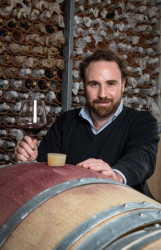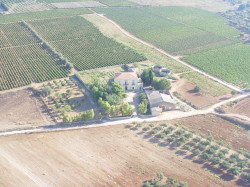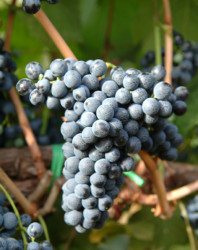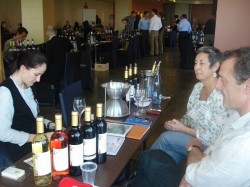
When was Avide born?
Avide is a family winery which was founded in 1882. It was then called Vino Demostene, and was among the earliest wineries in the area, which in the modern age has become the surrounds of the city of Ragusa, where Avide still thrives to this day.
What makes your wines special?

Tell us about the Cerasuolo di Vittoria wine region.

If blended with Nero d’Avola, the result is a wine with a pleasurable balance in structure and in flavour, and great potential for ageing in bottles.
How the proximity to a volcanic territory does affect the soil?
We are quite far from Etna; but nearer to another volcano, named Monte Lauro.. This means the wines obtained from our soil have good acidity and are rich in minerals.
The soil is usually red and sandy, or it may have medium levels of clay, and a sub-soil of vertisol. Clay absorbs water easily in winter and retains this water in summer, and this moisture allows our vines to grow very strong and powerful.
We see you are interested in exporting more of your wines to Switzerland. Which of your wines do you think would best suit the Swiss market and why?
Surely our best reds, such as Barocco, Carati and Sigillo; during our visits to the country we have come to learn that Swiss customers have a great appreciation of red wine.
Giving your presence at BMIC 2012 Umbria, how would you compare the workshop methodology at Wine Pleasures to a large-scale wine trade fair? What are the strengths and weaknesses of both?

If you are a wine importer and would like to attend the upcoming Workshop Buyer meets Italian Cellar (4-6 November 2013) as an invited buyer and meet Avide, there are still places available!
0 Comments